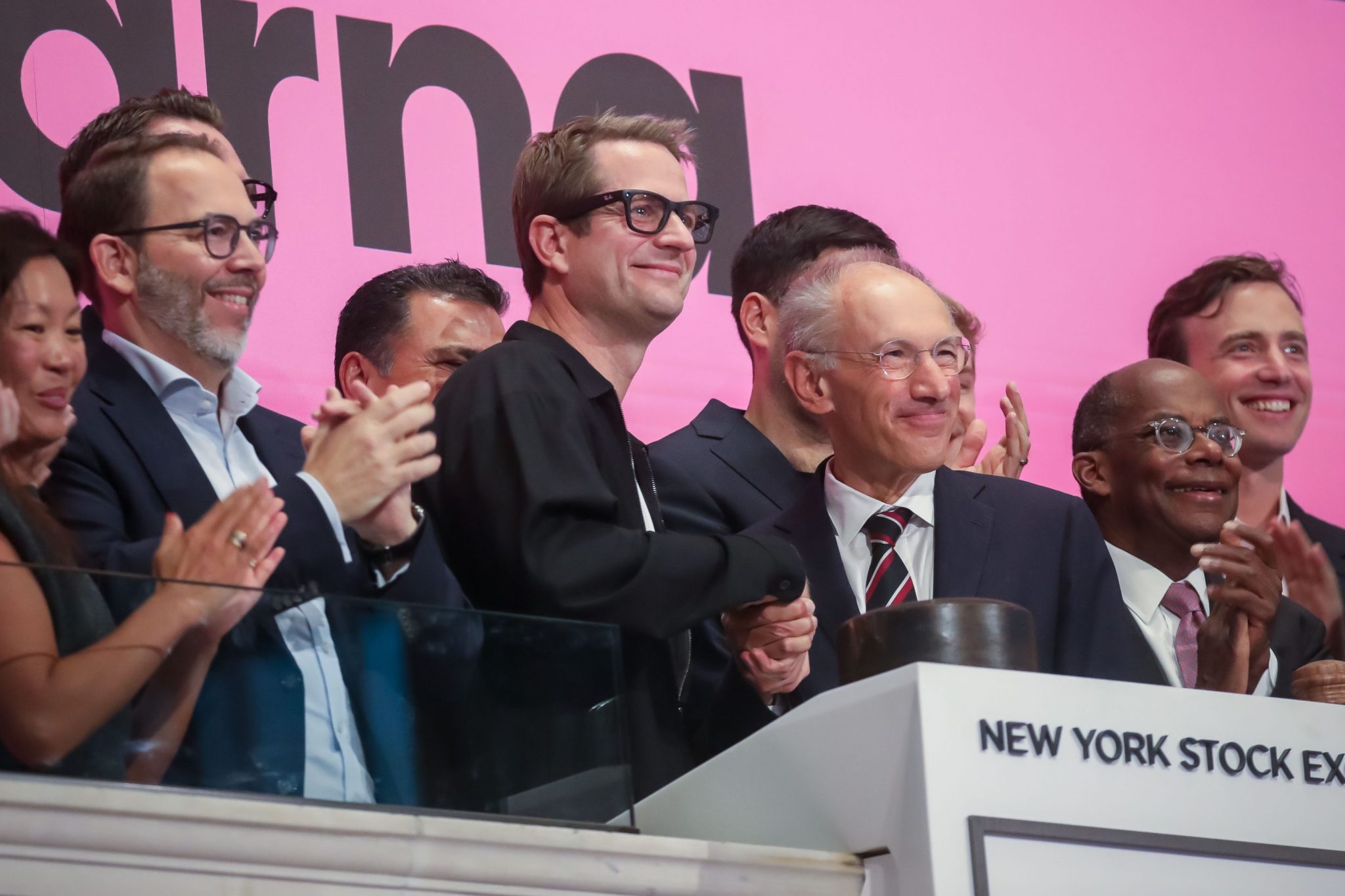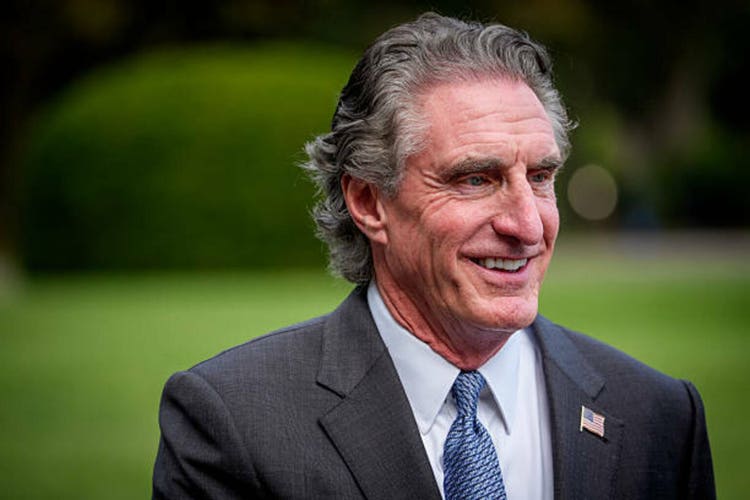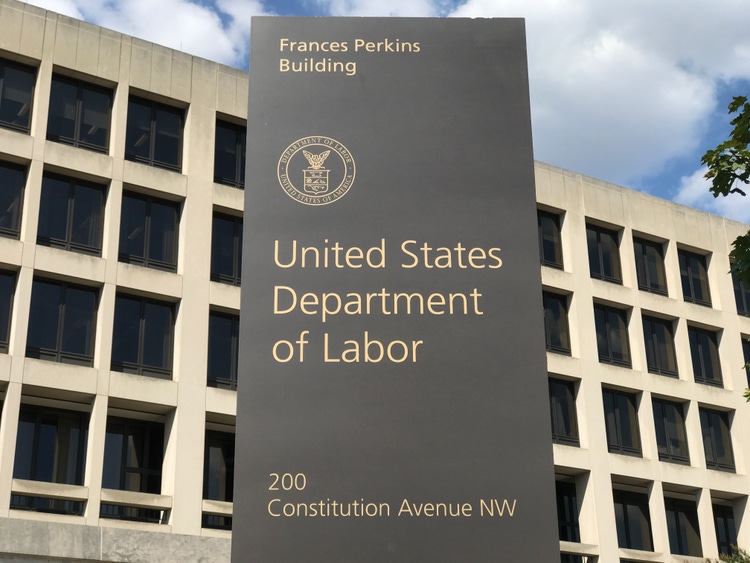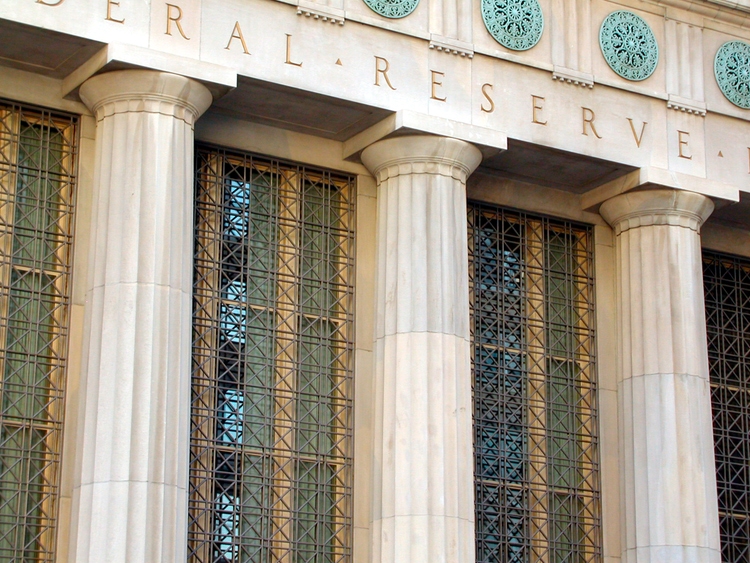JPMorgan Chase CEO Jamie Dimon issued a sobering assessment of the American economy in an interview with CNBC on Tuesday, acknowledging clear signs that it’s growing weaker and expressing uncertainty over its future trajectory. Still, he stopped short of making a recession call, saying that there is such a range of data that it’s hard to parse. “We get data like you wouldn’t believe. The government data is important. Our own data is important.”
Dimon was speaking with CNBC’s Leslie Picker on “Fast Money Halftime Report,” ostensibly about the opening of his bank’s shimmering new headquarters in Manhattan, before the conversation turned to what one of Wall Street’s most influential voices makes of the economy. He said JPMorgan gets data from “non-government sources,” and he cited “delinquency data, worldwide data, trade data. We get all of that.” Still, he added, it’s difficult to figure out what the economy will do next, based on backward-looking data like this, even from such a comprehensive set. He tossed in an aside: “And maybe, one day, AI will fix that problem. But, hopefully, things will be OK.”
Still, Dimon concluded that it’s undeniable when you look at the range of data that “you do see that kind of weakening, unfortunately.”
Labor data sparks doubt
Dimon’s comments were sparked by the Labor Department’s unexpectedly large revision of U.S. nonfarm payroll numbers, which slashed nearly 1 million jobs—the biggest such adjustment in over 20 years. The revised figures have heightened concerns about the real health of the labor market and whether the slowdown might soon tip the economy into a recession.
“Whether that is on the way to recession or just weakening, I don’t know,” Dimon said in his CNBC interview. “That just confirms what we already thought, kind of.”
Despite the job market’s shakiness, Dimon observed that many consumers remain employed and are still spending, reminding listeners that spending patterns vary widely by income level. Americans are “still spending money,” he said, but “it’s a little bit different depending on what income set they’re coming from. They still have jobs.”
The jobs revision is a “big number,” he added, and consumers “tend to react to that.” This means “the consumer’s weakened — weakened.” At the same time, he added, corporate profits are still high. “There’s a lot of different factors in the economy right now. It’s hard to figure out what it all means.”
Looking ahead to the Federal Reserve’s much-anticipated September meeting, Dimon suggested that rate cuts were likely, but doubted they would meaningfully change the economic trajectory. “We don’t know what the Fed’s going to do. They will probably reduce rates, but I don’t think that’s going to be consequential to the economy,” he said. With this, Dimon reinforced his reputation for pragmatic skepticism in an era where central bank policy has become ever more scrutinized. He concluded with a hedge: “We will see.”
JPMorgan always striving to improve
Despite the confusion and uncertainty, Dimon reaffirmed JPMorgan’s focus on supporting clients and the broader U.S. economy, regardless of short-term fluctuations. He celebrated the new headquarters and teased upcoming initiatives designed to bolster national defense and resilience, presenting them as evidence of his bank’s enduring commitment.
He was also asked about The New York Times‘ investigation into JPMorgan’s former client, the notorious Jeffrey Epstein. He reiterated that “we totally regret ever having done business with that man,” while adding that JPMorgan always strives to improve. “So, when you talk about cyber or safeguards or anti-money laundering or bad guys in the system, we’re always trying to improve that.” This will never be perfect, he added, because bad actors are quite smart about how they approach the system. Dimon said JPMorgan is “among the best in the world. Doesn’t mean we don’t make mistakes.”
For this story, Fortune used generative AI to help with an initial draft. An editor verified the accuracy of the information before publishing.
This story was originally featured on Fortune.com

 2 hours ago
1
2 hours ago
1




















 English (US) ·
English (US) ·